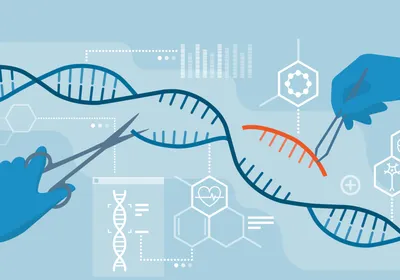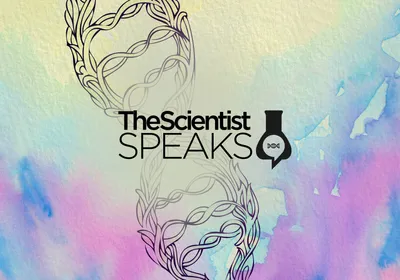 © JENNIFER SILVERBERGAfter years of working in plant nurseries and flower shops, newly graduated biologist Andrea Eveland went looking for lab experience. She found it as a research assistant at Torrey Mesa Research Institute, an agricultural research branch of the biotech company Syngenta.
© JENNIFER SILVERBERGAfter years of working in plant nurseries and flower shops, newly graduated biologist Andrea Eveland went looking for lab experience. She found it as a research assistant at Torrey Mesa Research Institute, an agricultural research branch of the biotech company Syngenta.
Mentored by the postdocs and other scientists in her lab, Eveland began learning about molecular biology and crop improvement. “I started applying to graduate programs in plant biology, and I came back to corn and agriculture immediately because I saw the future in that,” Eveland says.
In 2002, she entered a PhD program at the University of Florida under maize physiologist Karen Koch. Eveland’s research focused on the genes and enzymes that control sugars moving into developing maize kernels and how stress affects those pathways. As part of her work, she developed a strategy to analyze the expression of closely related genes, using high-throughput sequencing to profile the 3′ untranslated region of messenger RNAs in maize.1
But to continue working with gene networks, Eveland knew ...





















